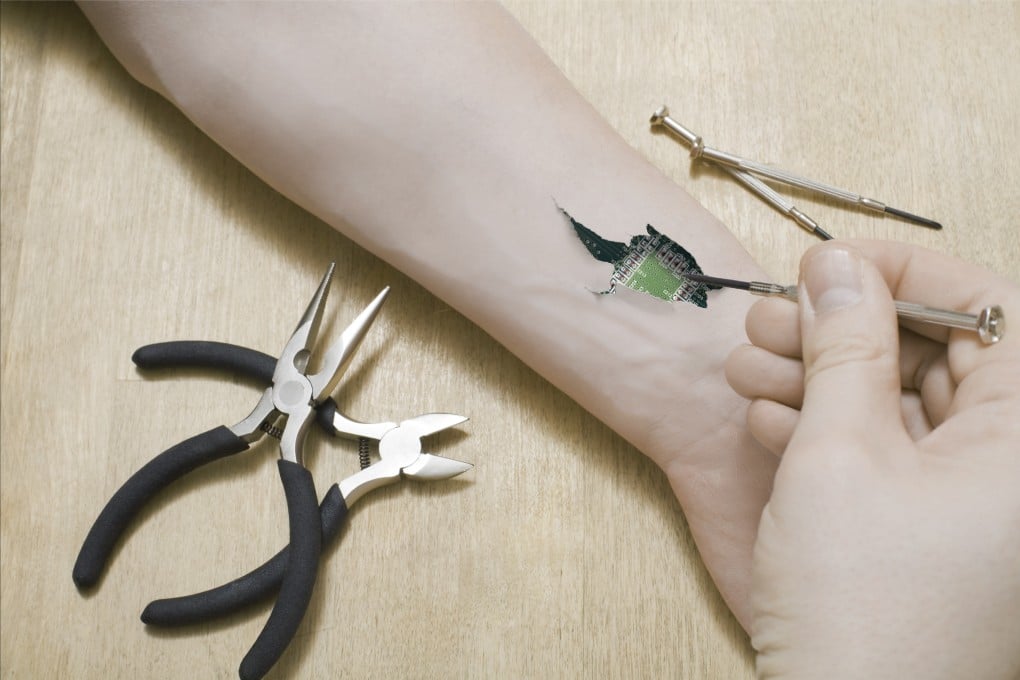Brain hacks, implants, enhancers and nootropics: the Silicon Valley pioneers trying to live higher-performing lives
- Few go as far as Zoltan Istvan, who dreams of a brain implant to connect him to the internet, but many in Silicon Valley use technology to improve their bodies
- We chart some of the latest developments in biohacking, implants, experimental biology and nootropics – all intended to improve cognitive ability and health

In the English humorist PG Wodehouse’s Jeeves and Wooster series, intellectual lightweight Bertie Wooster credits his manservant Jeeves’ considerable brainpower to one thing: “he virtually lives on fish”. Whether it’s fish for smarts or Popeye’s beloved spinach for muscles, it is human nature to try to improve our physical and cognitive lot in life.
Human beings have a long history of pushing things too far, though. The ancient Chinese drank mercury to gain immortality, while modern California’s early adopters implanted magnets in their own fingers for … some reason.
Today on the west coast of the United States, a major shift is taking place. The visionaries who brought forth the modern tech revolution are expending their brainpower, and billions of dollars, on a new revolution: bringing cutting-edge technology to bear on their own bodies, hoping to live longer, healthier, higher-performing, and more closely monitored lives than ever before.

If Popeye were alive in today’s Silicon Valley, his obsession with fitness and slavish devotion to a one-ingredient diet would make him not just a sailor man, but a biohacker.